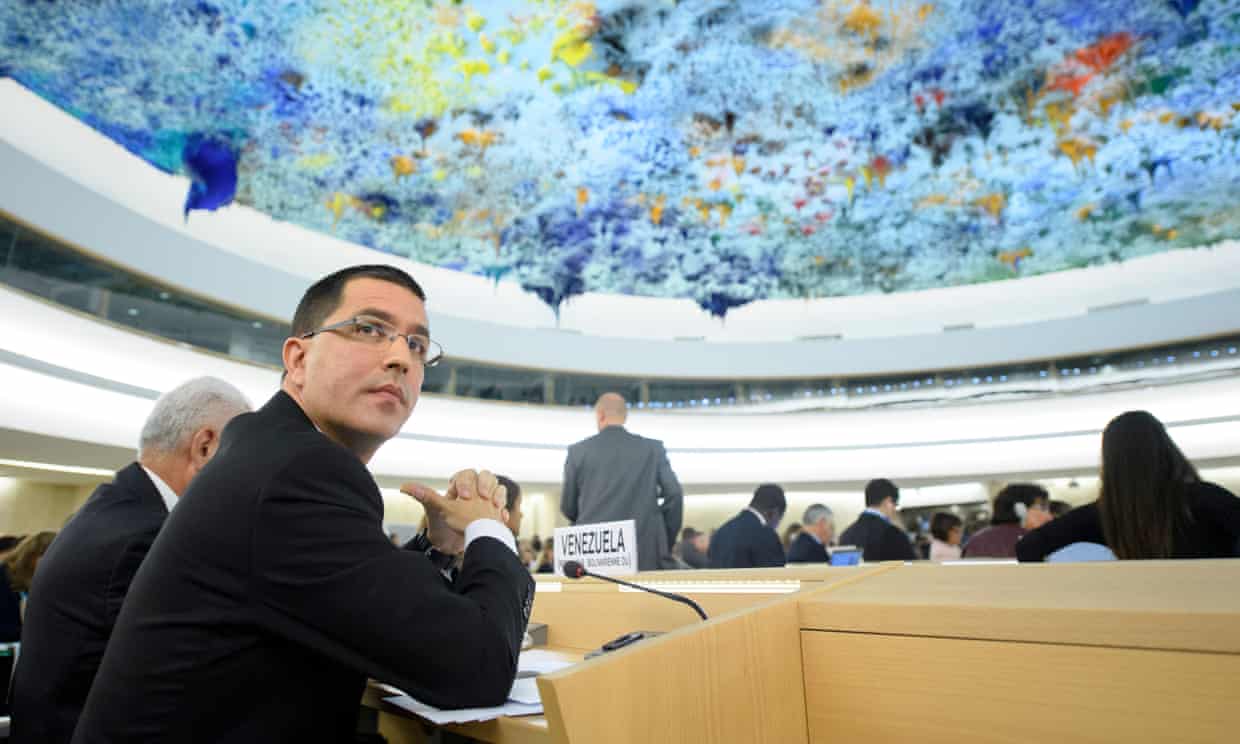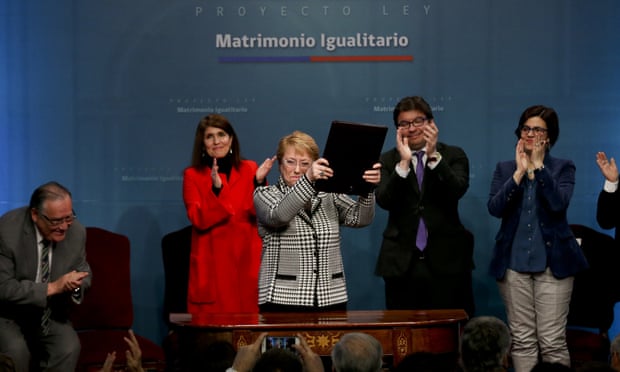By: Fernando Oliveira
Impunity Watch Reporter, South America
GENEVA, Switzerland – On September 11th, 2017, UN High Commissioner for Human Rights, Zei Ra’ad Hussein, stated that “the world has grown darker and more dangerous.” At his inaugural speech at 36th Session of Human Rights Council, Hussein cited Venezuela and Brazil, among 40 other countries, as countries wherein human rights have been significantly violated.

Hussein’s statements were based on a wide number of incidents, holding that those two South American countries have been suppressing human rights.
In fact, since former president Hugo Chavez arose 15 years ago, all human rights organizations have expressed concerns about the policies enacted by Venezuela’s government. Massive reports indicate that citizens’ basic rights, such as freedom of speech and peaceful assembly have been abridged. Political imprisonment, ill-treatment of prisoners, and excessive use of force against civilians have been highlighted as well. Furthermore, the executive branch is accused of having frequently attacked public institutions, including the parliament and the supreme court, in order to suppress any kind of reaction from the opposition parties. This long period of misconduct has led the country to an unprecedented financial collapse and launched its people into misery and starvation. Although president Nicolás Maduro has denied all the foregoing charges, the evidences seem to show the reports are right.
Regarding Brazil, despite the undeniable human rights violations, the situation is somehow different. Unlike Venezuela, there are no clear signs of deliberate government attacks against democratic institutions in Brazil. However, the human rights violations are related to a wide swept corruption scheme, which was unveiled by an ongoing investigation, started in 2014, and led by the Brazilian attorney general’s office. The widespread corruption scandal undermined the country’s resources, and carried it to a serious political instability that resulted in former president Dilma Rousseff’s impeachment. According to Brazilian federal prosecutors, billions of dollars have been illegally diverted, and many high authorities and successful entrepreneurs have been arrested due to bribery crimes.
Even the president, Michel Temer, has been criminally indicted before the Supreme Court. It is easy to see how far the systematic corruption has gone in that country, as former president of Brazil, Luiz Inacio Lula da Silva, and the former president of its House of Representatives, Eduardo Cunha, have been criminally convicted of bribery, the first to nine and a half years in prison, and the second to fifteen and a half years, and 4 months in prison. The ongoing government corruption has deprived Brazilians of basic human rights, such as education, health, safe and so forth.
Based on the foregoing facts, Hussein addressed his speech to UN Human Rights Council as follows:
“Last month my Office issued a report on Venezuela, highlighting excessive use of force by security officers, and multiple other human rights violations, in the context of anti-Government protests. There is a very real danger that tensions will further escalate, with the Government crushing democratic institutions and critical voices – including through criminal proceedings against opposition leaders, recourse to arbitrary detentions, excessive use of force, and ill-treatment of detainees, which in some cases amounts to torture. Venezuela is a Member State of this Council, and as such has a particular duty to “uphold the highest standards in the promotion and protection of human rights”, in the words of Resolution 60/251. My investigation suggests the possibility that crimes against humanity may have been committed, which can only be confirmed by a subsequent criminal investigation. While I support the concept of a national Truth and Reconciliation Commission, the current mechanism is inadequate. I therefore urge that it be reconfigured with the support and involvement of the international community. I also urge this Council to establish an international investigation into the human rights violations in Venezuela.
Corruption violates the rights of millions of people across the world, by robbing them of what should be common goods and depriving them of fundamental rights such as health and education or equal access to justice. Recent scandals, including very serious allegations levelled at high-ranking officials in Brazil and Honduras, have revealed how deeply corruption is embedded in all level of governance in many countries in the Americas, often linked to organized crime and drug trafficking. This undermines democratic institutions and erodes public trust. Progress towards uncovering, and prosecuting, corruption at high levels of government is an essential step forward in ensuring respect for the people’s rights, including justice.”
To read the whole speech, please click here:
For more information, please see:
The Guardian – Venezuela crisis: UN calls for investigation into possible crimes against humanity
Noricias OUL – Cunha é condenado por Moro a 15 anos e 4 meses de prisão – 30 March 2017



